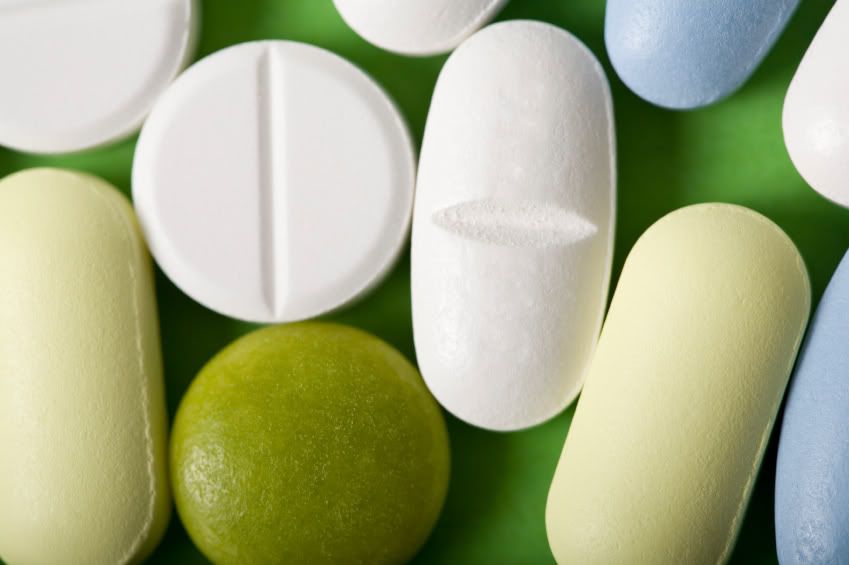
Having beautiful skin is important to everyone. There are so many products that claim to help you obtain a perfect complexion and of course some of them work. But to truly get skin that glows and always looks healthy, you have to start within. Your skin reflects you diet, so if you eat fast food everyday and do not understand why your skin looks dull and is breaking out, this is why.
First of all, you should be drinking a lot of water everyday to keep your body and skin hydrated. Adding certain food and vitamins can make a huge difference in your complexion.
I know that this easier said than done, but making this change in your life will help you feel better about your appearance and more importantly you will be healthier and happier. I myself have acne prone skin and have hyper-pigmentation on my face and body. I am beyond frustrated because nothing works and make up only goes so far. Although I want the acne to disappear, I am more concerned about the hyper-pigmentation because it looks terrible. So I have been reseaching and thought I would share some of the interesting facts that I found.
All of the information I have found on line and just wanted to put it together to share with you. None of this will work over night. I am going to try some of these and I will update my results at least once a month. I know it will take a while for my body to get use to it.

Vitamin C Vitamin C is involved in collagen production and protects cells from free radical damage. Scientific studies found that when lab animals ate vitamin C-fortified food, their skin was better able to fight off oxidative damage. That said, replenish your skin’s vitamin C stores by eating plenty of vitamin C-rich fruits and vegetables on a daily basis. Good sources include peppers (red/green/yellow), oranges, strawberries, lemons, and broccoli.
Vitamin E Vitamin E helps protect cell membranes and guard against UV radiation damage. Some research suggests that vitamin E may work in combination with vitamin C to provide an extra boost of anti-aging skin protection. However, because recent studies have raised some questions about the safety of vitamin E supplements, these nutrients should come from your diet, not from potent pills. I recommend you stick with food sources like wheat germ, fortified cereals, nuts and seeds (and the small amount found in a multivitamin).
Beta Carotene Another antioxidant critical for skin health is beta carotene, which is converted to vitamin A in the body. Beta carotene/vitamin A is involved in the growth and repair of body tissues, and may protect against sun damage. In extremely high doses, straight vitamin A from supplements can be toxic, so always avoid. However, ample beta carotene from foods like sweet potato, pumpkin, carrots, mangos and apricots is entirely safe and great for your skin.
Selenium Selenium helps safeguard the skin from sun damage and delays aging by protecting skin quality and elasticity. Dietary selenium has been shown to reduce sun damage, and even to prevent some skin cancers in animals. Be sure to get your selenium from food, though, and not from supplements. Food sources include: Brazil nuts, tuna (canned light in water), crab, wheat germ
Omega-3 Fats Healthy fats known as omega-3 fatty acids help maintain cell membranes so that they are effective barriers—allowing water and nutrients in, and keeping toxins out. Omega-3s also seem to be able to protect skin against sun damage. In a study of skin cancer, people who ate diets rich in fish oils and other omega 3 fats had a 29% lower risk of squamous cell cancer than those who got very little omega 3 fats from food. Good food sources include oily fish, sardines, flaxseeds, walnuts
Supplements To improve skin health, I strongly recommend getting your nutrients from food sources. If you would also like to consider supplements, I recommend:
Multivitamin Choose a brand that contains 100% DV for vitamins A (optimally 50-100% coming from beta carotene and/or mixed carotenoids), C, and E, and which provides for about 55 micrograms selenium.
Omega-3 Fish Oils If you find it difficult to get omega-3 fats from food sources, try fish oil supplements. Speak with you doctor about which brand and amount is right for you.
THIS POST IS REALLY LONG SO I WILL INCLUDE MORE INFORMATION IN NEXT POSTING.
SHARE YOUR TIPS TO BETTER SKIN
0 comments:
Post a Comment